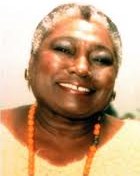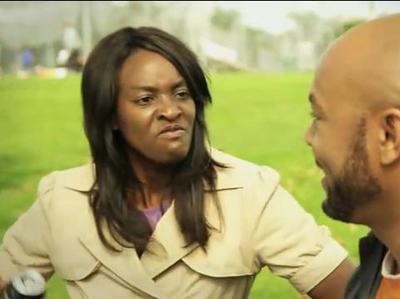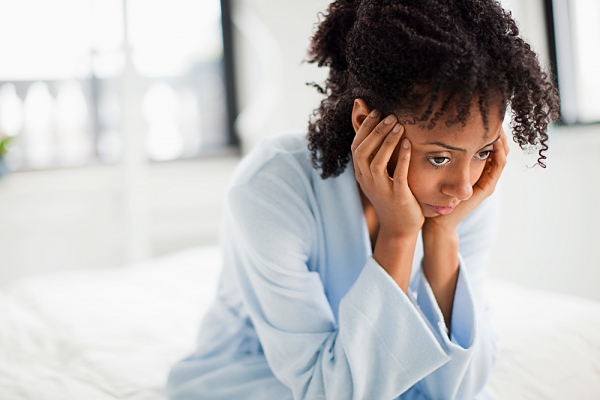Once a friend of mine ridiculed me for thinking Esther Rolle, Florida on Good Times, was beautiful. Though she lived in the ghetto on TV with an angry husband, a buffoonish son and two other children who were in his shadow, I thought Florida was regal. She always held her perfectly shaped afro head high, had a dazzling smile that pronounced her high cheekbones, and beautifully smooth dark skin that looked good with her standard orange attire. When I asked her why she didn’t think Rolle was beautiful, she couldn’t tell me or didn’t want to tell me. See, her daddy told her just like mine told me that black is beautiful and good hair is any hair that you have on your head. She couldn’t tune her mouth to say that Rolle was ugly because she was dark and she had nappy hair. If she said this, she knew she would be saying that black isn’t beautiful and nappy hair ain’t good. She settled for “Wow, you believe that?” And I said, “Yep, I do” for all the reasons I said above and for the Bible scriptures below:
So God created man in his own image, in the image of God he created him; male and female he created them.—Genesis 1:27
For by him all things were created, in heaven and on earth, visible and invisible, whether thrones or dominions or rulers or authorities–all things were created through him and for him.—Colossians 1:16
And God saw everything that he had made, and behold, it was very good. And there was evening and there was morning, the sixth day.—Genesis 1:31
God, the creator of all things, was intentional when he created man—male and female—making us in His image and saw His creation as “very good.” Because of these verses, I can say with David “I am fearfully and wonderfully made” (Psalm 139:14). I can say Rolle was fearfully and wonderfully made and so is the pale lady with the large blue eyes, the blue-black man with the straight hair, the tall scrawny kid with the freckled face, and the olive-skinned lady with the coarse wild mane. I say with David to God “Wonderful are your works; my soul knows it very well.” Like God’s intentional hand in making the physical me, my daddy had an intentional hand in making the soulish me. And I’ve searched and studied the Scriptures to mature the soulish me, to get my mind, will and emotions to agree that all of God’s creation is “very good.” This is soul deep beauty, transcending spiritual and politically correct talk and helping us walk out God’s truth. I hope we seek soul deep beauty for us and our children so we believers can hold up God’s standard and impact humanity for good.
Check out my new column in EEW Magazine that challenges parents to teach their children against dark-skin prejudice.
What have been your challenges to believe God’s beauty standards and not society’s beauty standards?
Copyright 2011 by Rhonda J. Smith
My One Thousand Gifts List
#81-90
Clean clothes to change into
A baby talking in his sleep who stayed asleep
Time talking to God in the night of morning
A strong desire for God’s company, direction
Being able to pay for a ticket and get a court date for other citations while on lunch break from trial
Getting to court only two minutes late
The trial evidence not being complicated
A group of friendly fellow jurors
A tasty lunch
Sunshine





